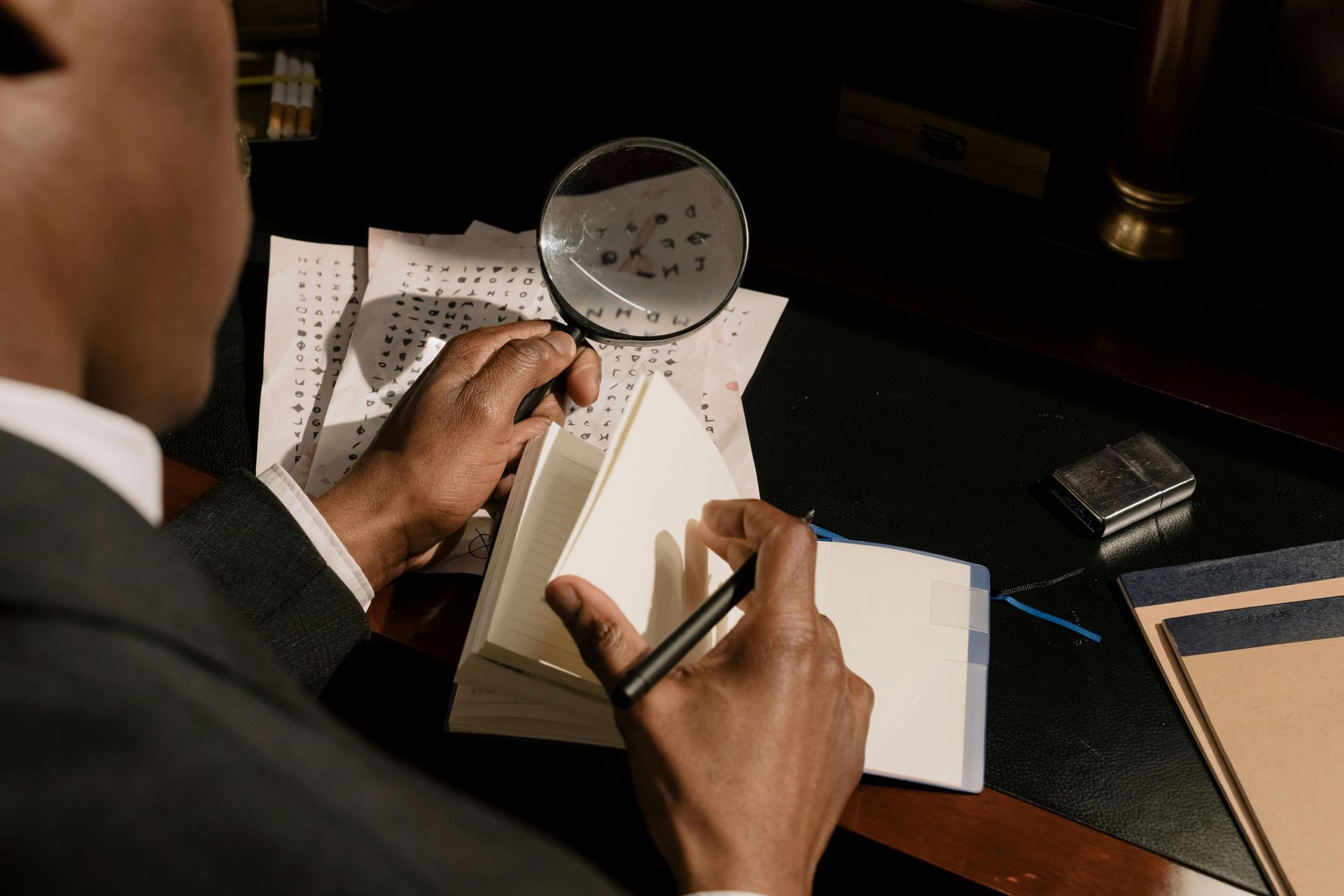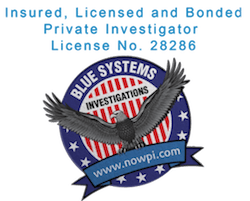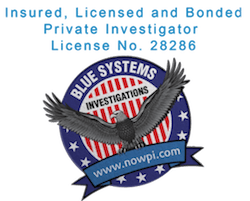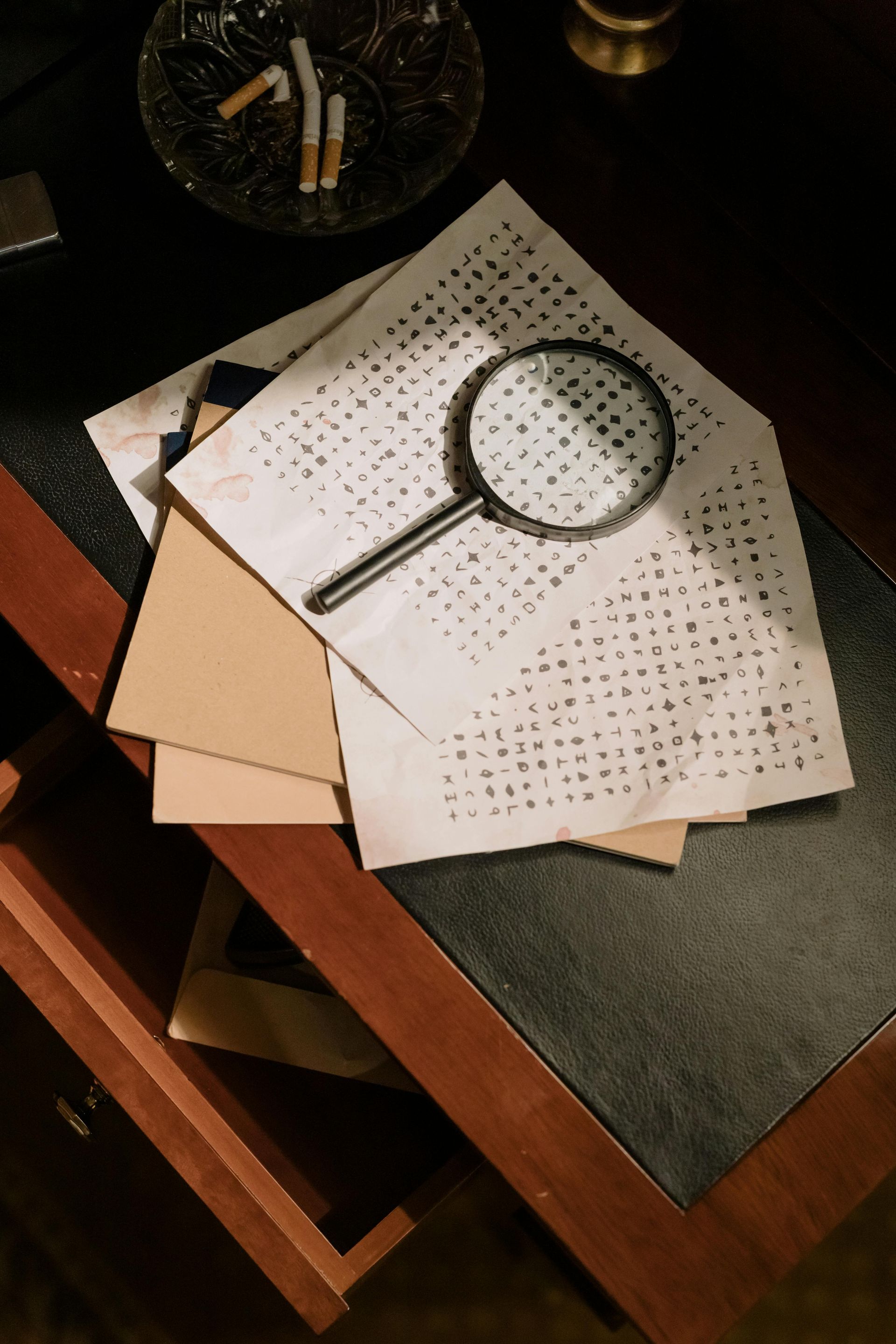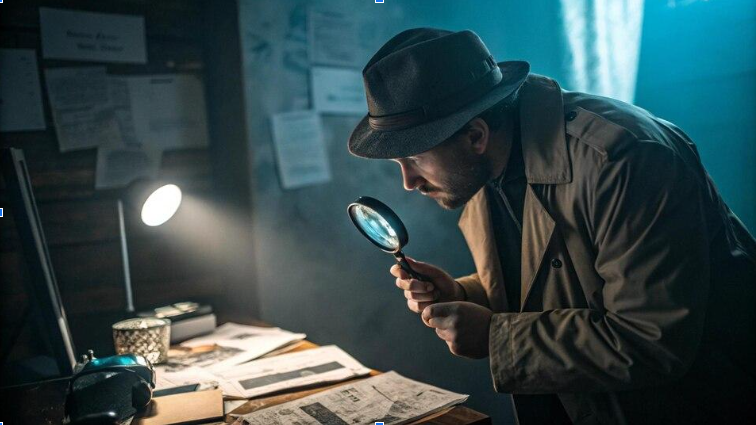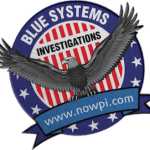Latest Blog Posts
August 15, 2019
August 15, 2019
August 15, 2019
Follow us on Facebook
Certification
CA Private Investigator
License No. 28286
PI Services
Locations Served
Client Intake Forms
Hiring a Private Investigator for Cheating
What You Need to Know
The decision to hire a private investigator to confirm suspected infidelity represents a significant emotional and financial investment. While technology has made certain information more accessible, professional investigators bring specialized expertise, legal knowledge, and sophisticated techniques that dramatically increase the likelihood of discovering the truth. Understanding what to expect from this process helps you make informed decisions during an emotionally challenging time.
When to Consider Professional Investigation
While many relationship concerns can be addressed through direct communication or counseling, certain situations often benefit from professional investigation:
When Multiple Warning Signs Exist
Professional investigation becomes particularly valuable when:
- You've noticed numerous behavioral changes suggesting infidelity
- Explanations for absences or activities don't align with observable facts
- Phone and technology behaviors have become secretive or defensive
- Financial discrepancies suggest unexplained spending patterns
- Your spouse's schedule has changed dramatically without clear explanation
- Your direct questions are met with defensiveness, anger, or evasion
- Physical intimacy patterns have significantly changed
The presence of multiple warning signs often justifies the investment in professional surveillance services that can transform suspicion into clarity.
When Legal Matters May Be Involved
The documentation provided by private investigators becomes particularly valuable when:
- Divorce proceedings seem likely or are already underway
- Prenuptial agreements contain infidelity clauses
- Child custody considerations may be affected
- Significant assets could be impacted by divorce terms
- Business partnerships or professional relationships are involved
- Legal separation terms require documentation
- Court proceedings may require verified evidence
In these situations, proper infidelity investigation provides legally admissible evidence rather than potentially problematic self-collected information.
When Personal Investigation Reaches Limitations
Personal information gathering eventually reaches natural limitations:
- You've gathered concerning evidence but need definitive confirmation
- Your own emotions make objective observation difficult
- Your presence would be immediately recognized during surveillance
- You lack access to specialized resources or techniques
- Your personal surveillance could create legal liability
- The emotional toll of self-investigation becomes too great
- You need professional documentation rather than personal observations
Licensed private investigators overcome these limitations through professional distance, specialized training, and legal expertise.
What Professional Investigators Can Legally Do
Professional investigators operate within specific legal parameters that allow effective investigation while maintaining evidence admissibility:
Surveillance Capabilities
Properly conducted surveillance includes:
- Observation in public locations where no privacy expectation exists
- Photo and video documentation from public vantage points
- Vehicle movement tracking and documentation
- Observation of public interactions and activities
- Documentation of locations visited during unexplained absences
- Identification of unknown associates or companions
- Establishment of behavioral patterns and timelines
Surveillance specialists use professional techniques and equipment that yield superior results compared to amateur observation attempts.
Background Investigation Methods
Professional background examination includes:
- Public records research revealing unknown connections
- Address history analysis identifying unusual locations
- Social media investigations within legal parameters
- Property ownership records examination
- Business affiliation identification
- Civil and criminal record checks on suspected partners
- Asset searches when legally authorized
These comprehensive background checks often reveal connections and patterns that explain suspicious behaviors.
Digital Investigation Approaches
When properly authorized, digital investigation may include:
- Analysis of shared computer usage patterns
- Examination of public social media activities
- Review of shared account statements and records
- Recovery of deleted information from shared devices
- Analysis of publicly available online activities
- Examination of shared cloud storage accounts
- Review of location data from family sharing services
Digital forensic investigators understand both technical capabilities and legal limitations governing digital evidence.
Legal and Ethical Boundaries
Understanding what investigators cannot do proves equally important for maintaining evidence admissibility:
Prohibited Investigation Methods
Professional investigators never engage in:
- Unauthorized access to private password-protected accounts
- Illegal wiretapping or communication interception
- Trespassing on private property
- Unauthorized GPS tracking device placement
- Impersonation of law enforcement personnel
- Breaking and entering under any circumstances
- Mail tampering or unauthorized mail access
These prohibited methods would not only invalidate evidence but could create criminal liability for both investigator and client.
Privacy Considerations
Ethical investigations respect important privacy boundaries:
- Third-party privacy rights remain protected
- Children's activities maintain appropriate privacy protection
- Workplace privacy considerations receive respect
- Medical and health information remains protected
- Financial account access follows strict legal requirements
- Attorney-client privileged communications remain protected
- Private spaces maintain legal privacy expectations
Professional infidelity investigators understand these boundaries and operate within appropriate legal parameters.
Investigator Code of Ethics
Reputable investigators maintain strict ethical standards:
- Information is gathered only for legitimate purposes
- Client confidentiality is strictly maintained
- Evidence is presented without manipulation or misrepresentation
- Activities remain proportional to investigation purposes
- Methods stay within legal and regulatory requirements
- Client guidance maintains appropriate boundaries
- Investigator independence preserves finding objectivity
These ethical standards distinguish professional investigators from problematic operators who might employ questionable methods.
The Investigation Process
Understanding the typical investigation process helps establish appropriate expectations:
Initial Consultation
The investigation begins with a confidential consultation:
- You share your concerns and observations
- The investigator explains service options and approaches
- Legal parameters and limitations are clearly outlined
- Cost structures and retainer requirements are explained
- Investigation strategy recommendations are discussed
- Timeline expectations are established
- Communication protocols during investigation are determined
This consultation typically occurs in a private setting and remains completely confidential regardless of whether you ultimately proceed with services.
Investigation Planning and Strategy
Effective investigations require strategic planning:
- Surveillance timing based on suspected activities
- Resource allocation appropriate to case requirements
- Background research prioritization and sequencing
- Digital investigation component determination
- Evidence documentation standards establishment
- Communication schedule development
- Contingency planning for various scenarios
This strategic approach maximizes effectiveness while controlling costs through efficient resource deployment.
Active Investigation Phase
The core investigation typically involves:
- Strategic surveillance during high-probability timeframes
- Documentation of activities, locations, and companions
- Background research on relevant individuals
- Timeline development and pattern identification
- Photographic or video documentation when appropriate
- Regular client updates within agreed parameters
- Adjustment of approach based on initial findings
This phase requires both technical expertise and investigative judgment developed through experience with similar cases.
Evidence Documentation and Reporting
Professional investigations conclude with comprehensive documentation:
- Detailed written reports with factual observations
- Photographic evidence with proper timestamps
- Video documentation meeting legal standards
- Timeline reconstruction of observed activities
- Documentation of identified companions or associations
- Background information on relevant individuals
- Analysis of observed patterns and activities
Professional investigation reports transform raw observations into organized, usable information for both personal closure and potential legal proceedings.
Selecting the Right Investigator
The investigator you select significantly impacts both experience and outcomes:
Essential Qualifications
Look for investigators with:
- Current private investigator licensing in your jurisdiction
- Specific experience with infidelity investigations
- Professional liability insurance coverage
- Clear explanation of methods and limitations
- Transparent fee structures and billing practices
- Professional communication style and approach
- Appropriate sensitivity to emotional aspects
- Ability to produce court-admissible evidence if needed
Licensed private investigators in Los Angeles maintain these qualifications and understand the unique challenges of infidelity cases.
Red Flags to Avoid
Be cautious of investigators who:
- Promise guaranteed results or specific outcomes
- Suggest potentially illegal surveillance methods
- Avoid discussing specific fee structures
- Cannot clearly explain their process and limitations
- Lack professional websites or business operations
- Cannot provide current licensing information
- Pressure you toward unnecessary service levels
- Display unprofessional communication or behavior
These warning signs often indicate services that may create more problems than they solve.
Questions to Ask Before Hiring
During consultation, ask potential investigators:
- What is your experience with similar cases?
- How do you ensure evidence remains legally admissible?
- What are your success rates in confirming or disproving suspicions?
- How do you communicate findings during the investigation?
- What are your rates and billing practices?
- How quickly can you begin the investigation?
- What is your approach if suspected infidelity is confirmed?
- How do you maintain client confidentiality?
These discussions help assess both capability and compatibility before making this important decision.
Cost Considerations and Value Assessment
Infidelity investigations represent significant investments that should be evaluated based on overall value rather than initial cost alone:
Typical Cost Structures
Investigation services typically involve:
- Initial retainer requirements ($1,000-3,000 typical range)
- Hourly rates for surveillance ($85-150 per hour typical range)
- Research and background investigation fees
- Equipment and technology charges when applicable
- Travel expenses for surveillance activities
- Report preparation and documentation fees
- Potential court testimony fees if cases proceed to litigation
Orange County private investigators typically provide detailed cost estimates during initial consultations based on your specific situation.
Cost Control Strategies
Several approaches can help manage investigation costs:
- Providing detailed information to focus investigation efforts
- Concentrating surveillance during high-probability timeframes
- Establishing clear investigation parameters and limitations
- Defining specific objectives rather than open-ended investigation
- Considering phased approaches with decision points
- Discussing cost-benefit considerations honestly
- Establishing budget limitations in advance
These strategies help balance comprehensive investigation with reasonable cost management.
Value Beyond Evidence
Investigation value extends beyond simple evidence gathering:
- Emotional closure regardless of findings
- Elimination of uncertainty even with negative findings
- Prevention of prolonged personal surveillance attempts
- Reduction of obsessive concern and speculation
- Information for making informed relationship decisions
- Prevention of confrontation based on incomplete information
- Documentation for potential legal proceedings if necessary
This multidimensional value often justifies the investment for those struggling with persistent infidelity concerns.
Preparing for Investigation Outcomes
Emotional preparation for potential findings represents an essential aspect of the process:
If Infidelity Is Confirmed
When investigations confirm suspicions:
- Take time to process emotional reactions before making decisions
- Consider consultation with both legal and therapeutic professionals
- Carefully plan any confrontation based on professional guidance
- Secure important financial and personal documents
- Understand your legal options before discussion
- Consider your priorities and desired outcomes
- Develop a support system of trusted individuals
Professional investigators often provide referrals to appropriate support resources when findings confirm infidelity.
If No Evidence Is Found
When investigations do not confirm suspicions:
- Consider whether the investigation was sufficiently thorough
- Reflect on what led to your initial concerns
- Consider whether relationship issues need addressing regardless
- Recognize that absence of evidence isn't always evidence of absence
- Consider relationship counseling to rebuild trust
- Address personal insecurities that may have contributed to concerns
- Work toward relationship healing if desired
Negative findings often provide valuable peace of mind and opportunity for relationship rebuilding.
Managing Emotional Responses
Regardless of outcomes, emotional management remains important:
- Recognize that even expected confirmation creates emotional impact
- Avoid impulsive decisions immediately following findings
- Consider professional support during the adjustment period
- Separate emotional reactions from strategic decision-making
- Focus on long-term wellbeing rather than immediate reactions
- Prioritize self-care during the emotional processing period
- Make decisions aligned with your fundamental values and goals
This emotional management helps transform investigation findings into constructive life directions regardless of what evidence reveals.
Legal Considerations for Evidence Use
Understanding how investigation evidence can be utilized helps establish appropriate expectations:
Family Court Considerations
In divorce and family proceedings:
- Evidence admissibility depends on proper collection methods
- Different jurisdictions have varying standards for infidelity evidence
- Documentation quality significantly impacts evidence weight
- Professional testimony may strengthen evidence presentation
- Some jurisdictions no longer consider infidelity in property division
- Child custody rarely changes based solely on infidelity evidence
- Financial misconduct connected to affairs may have greater impact
Family law investigators understand these considerations and tailor evidence gathering accordingly.
Prenuptial Agreement Implications
When agreements contain infidelity clauses:
- Evidence must typically meet standards specified in the agreement
- Documentation quality often determines clause enforceability
- Professional investigation usually provides stronger documentation
- Specific evidence types may be required by agreement terms
- Timeline documentation may prove particularly important
- Third-party involvement often requires specific documentation
- Evidence must typically demonstrate more than simple suspicion
These legal nuances highlight the importance of professional investigation when significant agreements are involved.
Privacy and Defamation Concerns
Evidence sharing carries important legal considerations:
- Investigation findings should remain confidential to necessary parties
- Sharing evidence inappropriately could create liability
- Public accusations require solid evidentiary support
- Evidence should be shared through appropriate legal channels
- Professional guidance should direct evidence utilization
- Emotional reactions should not guide evidence sharing decisions
- Strategic considerations should determine information disclosure
These considerations protect both your interests and legal position throughout difficult proceedings.
Maintaining Personal Wellbeing Throughout the Process
The investigation process creates emotional challenges requiring specific self-care approaches:
Emotional Support Resources
Consider utilizing appropriate support during this process:
- Individual therapy with infidelity experience
- Support groups for those experiencing similar situations
- Trusted friends with appropriate boundaries
- Family members who maintain necessary confidentiality
- Professional coaching for decision-making support
- Online resources specific to relationship challenges
- Spiritual or religious guidance if personally meaningful
These resources provide emotional scaffolding during challenging investigations.
Practical Self-Care Strategies
Daily self-care becomes particularly important:
- Maintaining regular sleep patterns despite stress
- Continuing physical activity and exercise routines
- Ensuring proper nutrition during emotional challenges
- Practicing appropriate stress management techniques
- Maintaining normal routines when possible
- Setting healthy boundaries around investigation focus
- Continuing meaningful activities and connections
These practical approaches help maintain functionality during emotionally challenging investigations.
Future Focus Maintenance
Regardless of investigation outcomes:
- Remember that findings represent information, not destiny
- Recognize that all relationships face challenges
- Focus on creating your best future regardless of past events
- Consider what you've learned through the process
- Identify relationship patterns needing attention
- Recognize your capacity for resilience and growth
- Understand that healing remains possible regardless of outcomes
This future orientation helps transform difficult discoveries into opportunities for authentic life development.
Conclusion: The Path to Clarity
The decision to hire a private investigator for suspected infidelity represents a significant step toward replacing uncertainty with verified information. While this path may reveal painful truths, it also creates the foundation for authentic decisions based on reality rather than suspicion or denial.
Professional investigators bring the expertise, legal knowledge, and objective perspective necessary to transform troubling questions into documented answers. Their ability to gather legally admissible evidence while maintaining appropriate boundaries creates valuable clarity during emotionally challenging circumstances.
For those struggling with persistent suspicions that resist resolution through normal communication, professional investigation offers a path toward the clarity essential for making informed decisions about your relationship's future. While emotional preparation remains important, the peace of mind that comes from replacing uncertainty with verified facts often proves invaluable regardless of what investigation reveals.
Contact our confidential investigation team for a private consultation regarding your concerns. Our experienced infidelity investigators bring both professional expertise and compassionate understanding to these sensitive situations, providing the clarity you need with the discretion you deserve.
